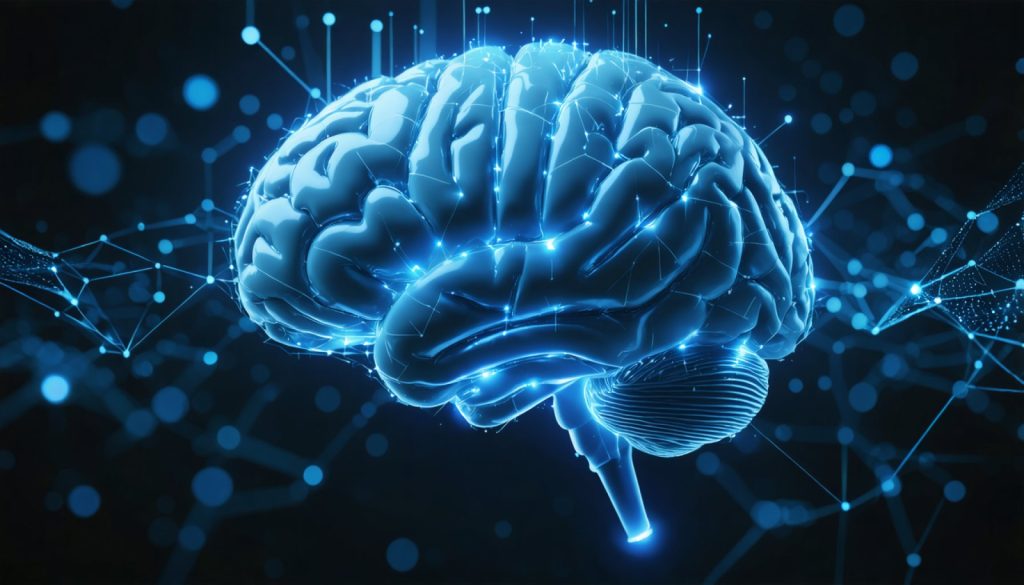Distributed Computing
Distributed Computing refers to a computational model in which processing tasks are distributed across multiple interconnected computers or nodes that work together to achieve a common goal. This setup allows for resources to be shared and utilized collaboratively, often leading to improved performance, efficiency, and scalability compared to single-system computing. In a distributed computing environment, tasks can be executed in parallel, leveraging the combined power of multiple systems, which can be physically located in the same place or spread across different geographical locations. This paradigm is commonly used in cloud computing, grid computing, and large-scale data processing applications, where large amounts of computation and data storage can be handled more effectively through the cooperation of numerous, often heterogeneous computing resources. The coordination and communication between these nodes typically require robust network communication protocols and can involve complex algorithms to manage tasks, data consistency, fault tolerance, and load balancing.






